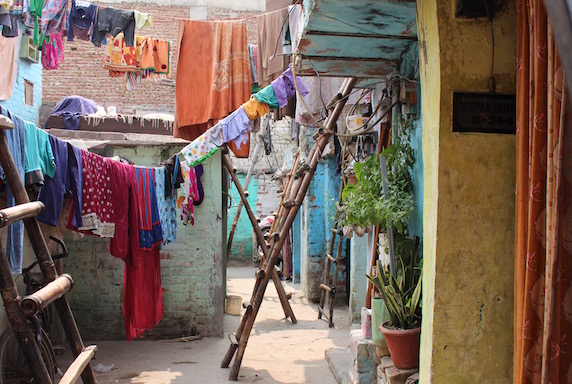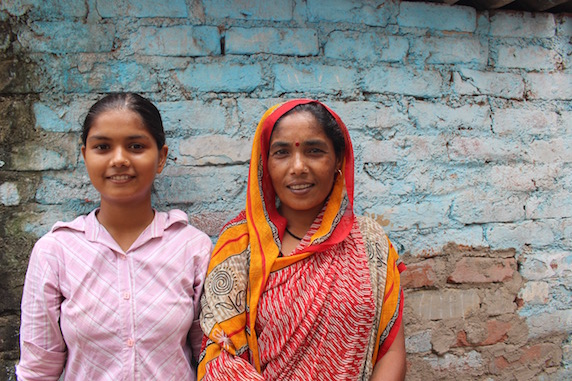City 2 Serve
The best thing about exploring cities (at least for me), are their history. And the best way to experience them is to step outside, walk around for a bit and start paying attention to your surroundings (selfie stick optional).
As a Sydneysider, I catch a glimpse of a wide range of characteristics every day: the terraced housing of the inner-western suburbs, the well preserved colonial buildings in The Rocks, the repurposed warehouses near my university’s exam centres in Ultimo, an abandoned post office in Killara, and the large federation-style houses in neighbouring suburbs.
As you can see, all these different layers and components come together to make a truly diverse city and continue to shape the future of the city. But with diversity in experiences and features, comes a diversity of challenges for contemporary urban living.
World Cities Day on 31 October puts the spotlight on both the challenges and progress of urbanisation with a focus on bringing the international community together to commit to global sustainable urban development.
Well over half of the world’s population lives in urban areas. As populations continue to increase in cities around the world, social, economic and infrastructure issues need to be addressed. But often, these needs are unresolved and consequences arise. The existence of slums is one such example. Opportunity International Australia works with many families making a living and raising children in areas such as these.

For example, Ranjna Devi and her husband moved to India’s capital, Delhi, a city of almost 10 million inhabitants, from her rural hometown in Bihar. They currently live in one of the city’s many slums and have raised their four children there.
Living in a high density area with minimal resources presents daily challenges. Although their home has access to water, the family doesn’t have their own toilet. As a result, Ranjna and her family have to share just 24 local government-provided toilets with about 10,000 others. On average, she has to wait 30 to 45 minutes to use one. Not only are the toilets unhygienic, but her business productivity decreases due to the long wait.
Ranjna opened a grocery store in the slum, serving the surrounding areas with essential items like food, canned goods, soap and shampoo. Using a small loan from Opportunity, Ranjna was able to purchase more products for her grocery store and increase sales. Being able to run her own business has allowed her to feel more economically empowered. With a daily income of about Rs.500 (A$9.80), she's been able to save for her children’s education and continually motivates them to study hard so they can be independent in the future.
And when her daughter was sick with dengue fever, Ranjna took her to hospital. Even though the healthcare fees were high, Ranjna and her family still felt prepared. With sufficient savings accumulated because of her growing business, and a little financial help from supportive neighbours, the family was able to cover the costs.

No matter where we are, there’s always a way to come together and help one another. Joining the Great Australian Curry is one such way. By hosting a curry meal with friends and family, you can play a part in giving a hand up to families like Ranjna’s – and hopefully – make poverty history in cities like Delhi. Get involved here.
William Cupido is Opportunity International Australia's Communications Intern, supporting the organisation in a range of communications activities.